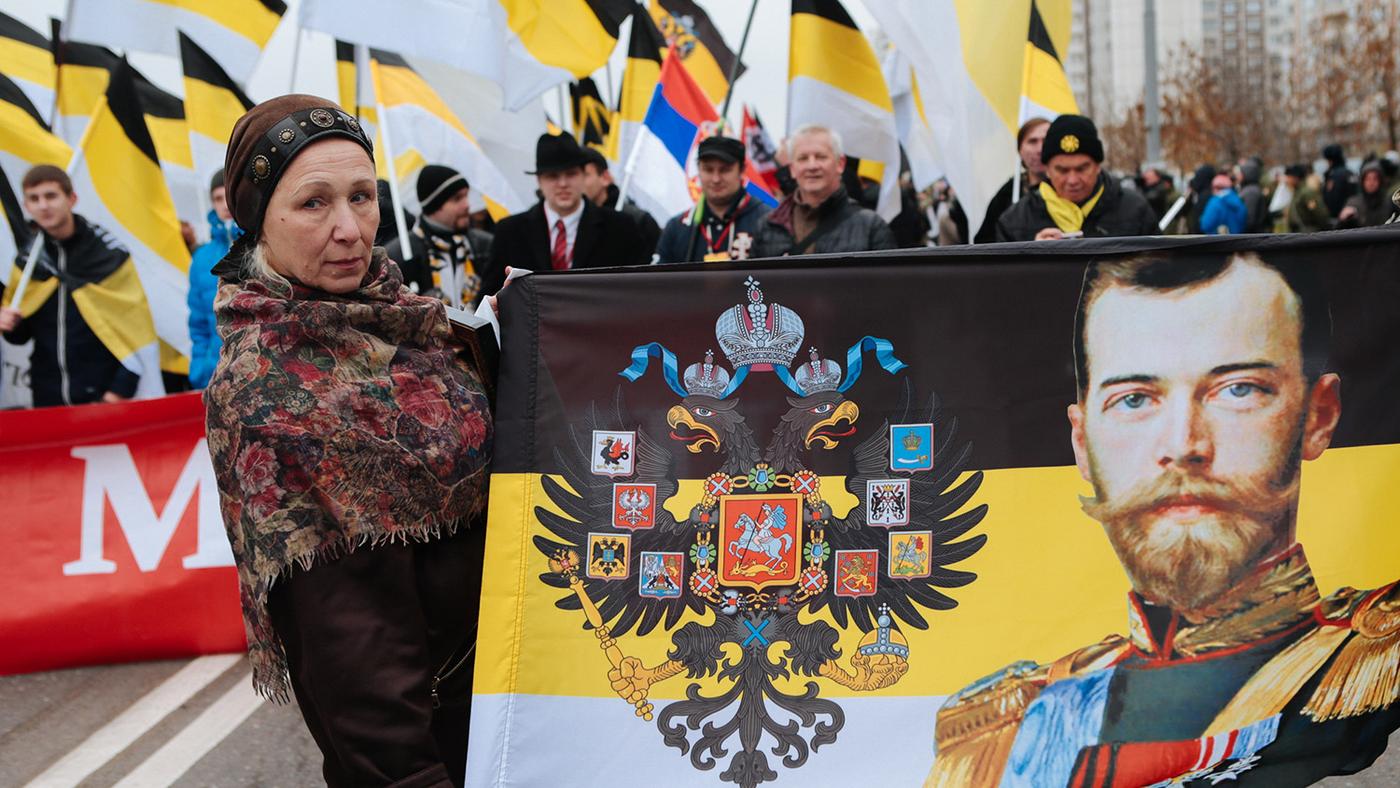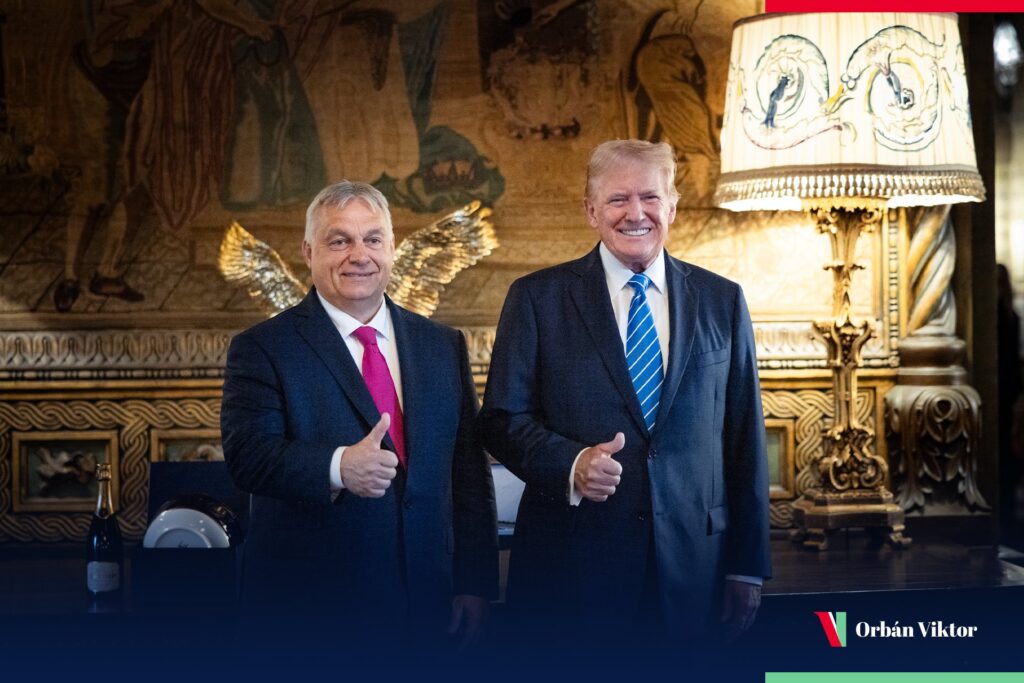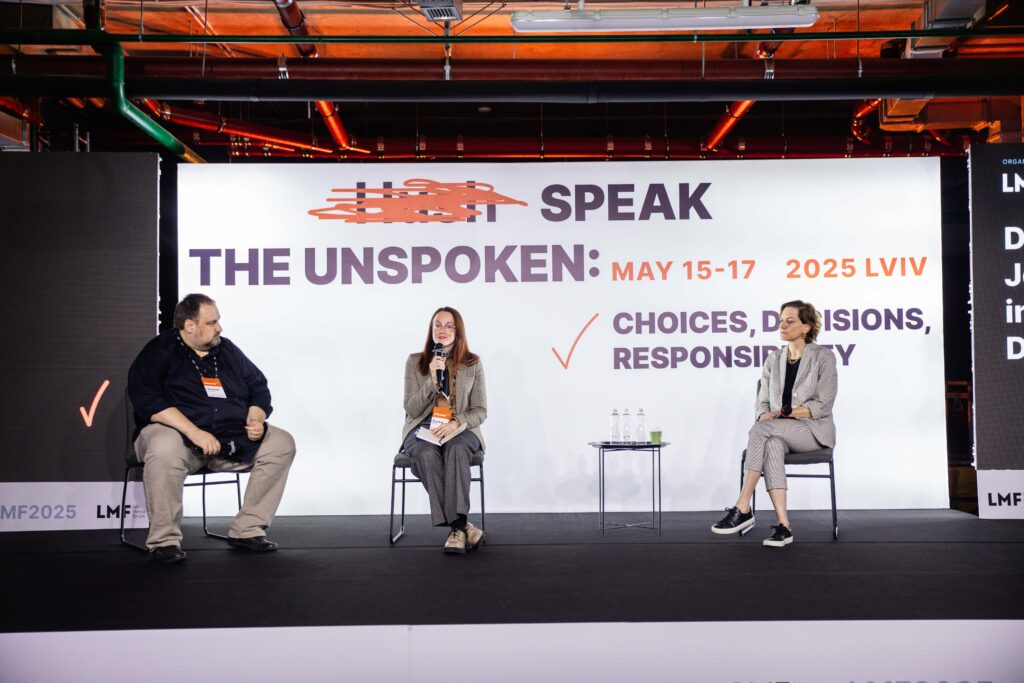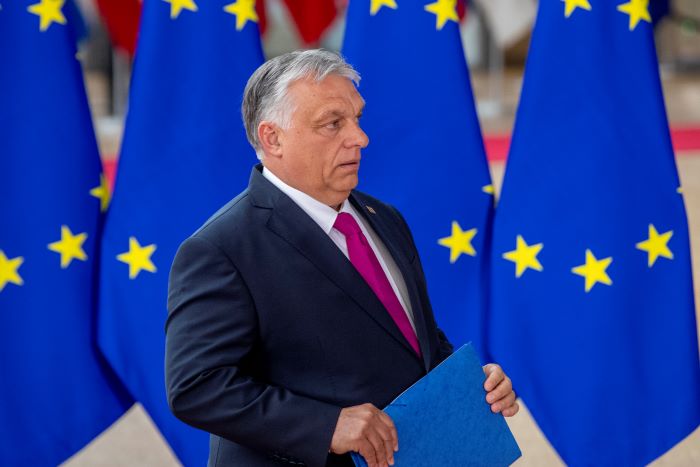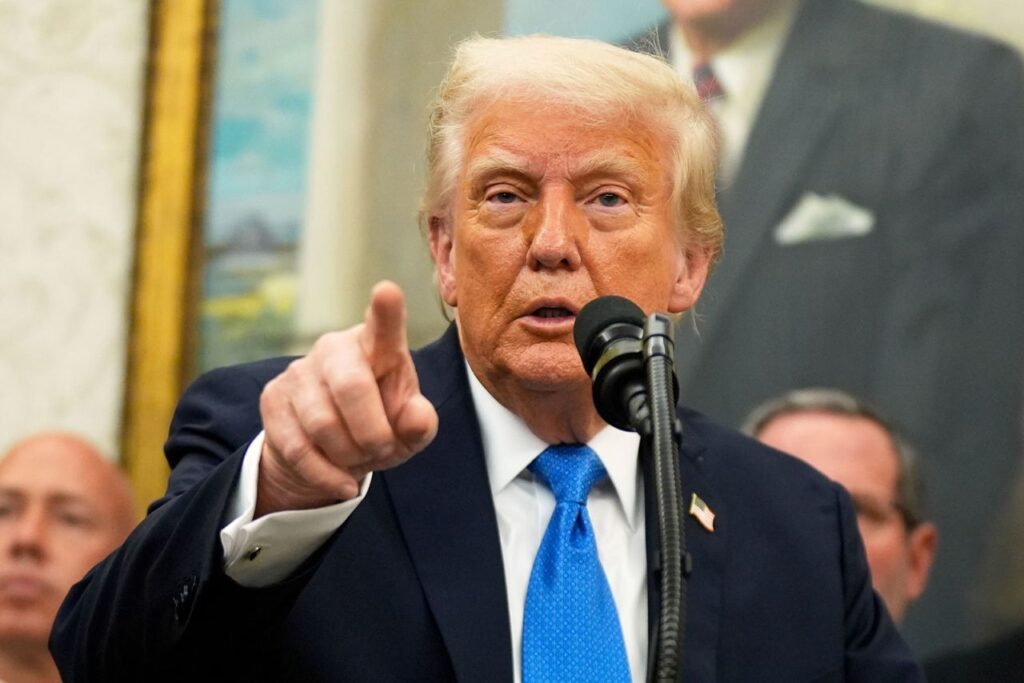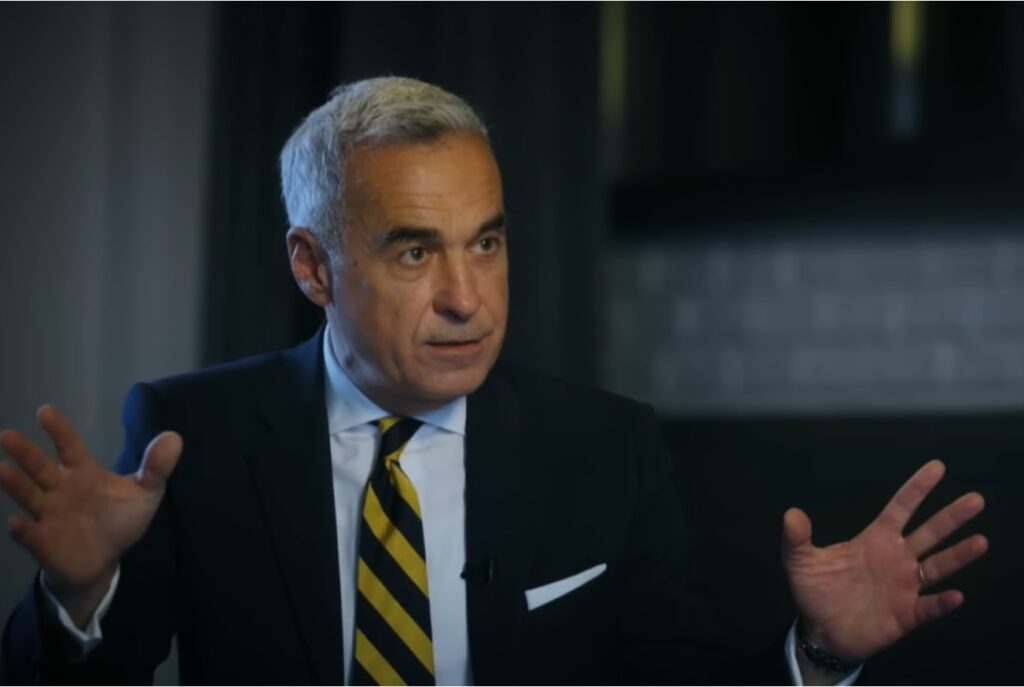Ukraine calls to reject “good” Russians framework— it omits broader imperialism issue
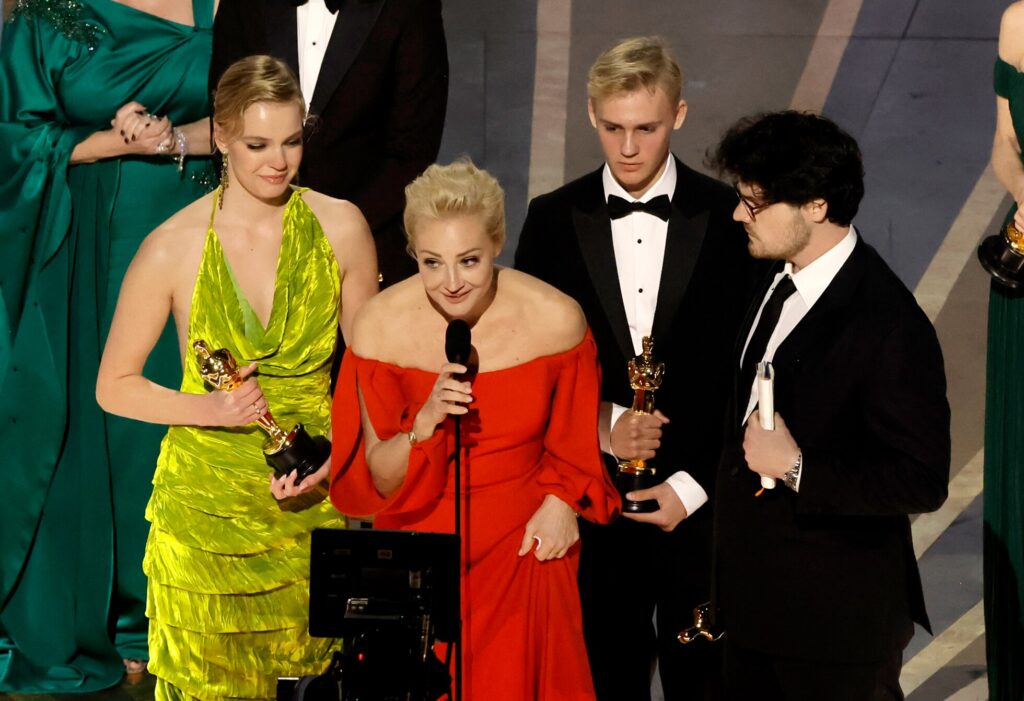
When Yulia Navalnaya accepted the 2023 Oscar for the film about her husband — Putin’s chief political rival then jailed in Russia — she never mentioned Ukraine: the country bombed daily by the regime they allegedly opposed.
Navalny was the “good Russian” — outspoken, dead in unjust captivity under strange circumstances — and highly controversial for Ukrainians who remembered his words: Crimea would remain part of Russia. In his agenda, the war was “Putin’s aggression”—not centuries of Russian imperialism.
The echo repeated two years later, when Anora — a saga about the affair between a sex worker and the son of a Russian oligarch — swept five Oscars, including Best Picture. Months before, Russian actors on stage, including Yuri Borisov, who starred in Kremlin propaganda films and visited occupied Crimea, were showered with standing ovations at Cannes.
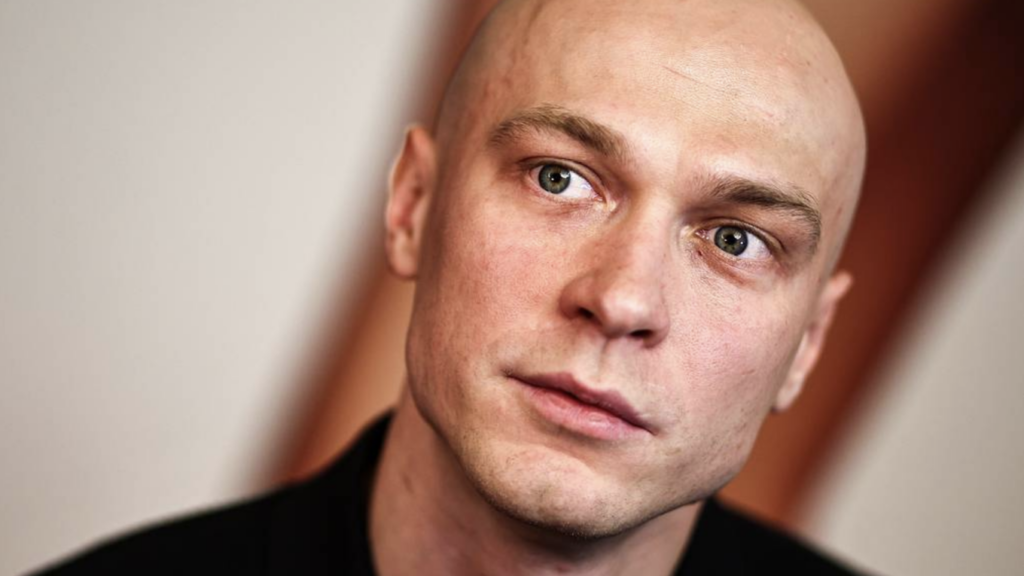
Since 2022, Ukraine’s war has extended beyond the battlefield, capturing the world’s attention. In reality, some of its deadliest frontlines run along Eurovision contests, literary classics readings, and opera performances — all viable tools of Russian soft power and imperial messaging.
And here is the uncomfortable truth: Western audiences can’t spot the difference between Russian dissidents and Russian imperialists. Ukrainians can — and they’re tired of explaining why it matters.
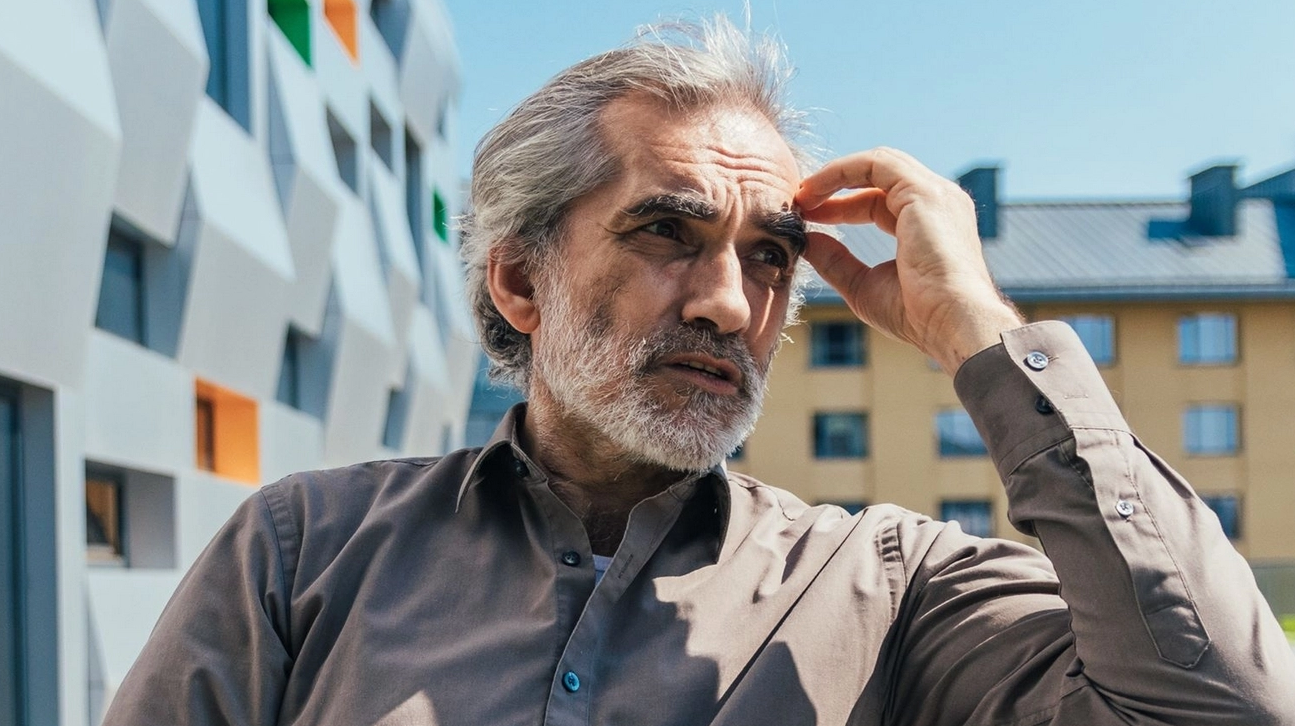
Why Ukraine can’t just “make peace”: top historian explains what the West gets wrong about peace with Russia
“Any conversation about Ukraine quickly turns into a conversation about Russia’s problems”
In 2022, Olha Rudenko, editor of The Kyiv Independent, sparked this discussion in her social media post criticizing Western roundtables and discussions about Ukraine for routinely inviting “good” Russians, arguing that this practice leads to the Ukrainian narrative being overshadowed or hijacked by Russian voices, even when the topic is Ukraine’s reconstruction or the war itself.

According to Rudenko, mixing Russian and Ukrainian narratives in these forums is not only wrong but deeply inappropriate because the war is fundamentally about Ukraine’s sovereignty and identity, which Ukrainians are defending at great cost.
“It is important for our future that Russia is reborn into something normal. But that doesn’t mean that every conversation about Ukraine [should be] a conversation about Russia,” Rudenko wrote. “Such mixing is a shameful and humiliating practice that directly follows both old Soviet and more recent Kremlin narratives.”
She also criticizes Russian liberals and independent media for lacking responsibility and self-reflection about their society’s support for the war, describing them as seeing themselves as “hero victims” rather than confronting their complicity.
For example, just recently this year, the Russian opposition outlet Meduza launched a promo campaign in several European cities — including Berlin, London, Paris, and Helsinki — featuring photos of Ukrainian civilian casualties and war victims.
The backlash came fast — Meduza plastered Europe with the images of Ukrainians killed by Russia to advertise their own struggles as exiled journalists. Critics called it exploitative, and the campaign was later terminated.
“When 70+ percent of society supports the killing of civilians and a war of aggression, they are not victims, they are potential killers,” Rudenko believes. “In 30 years, Russian society has not created values to fill this void, and so it is filled by Solovyev and Simonyan [top propagandists].”
The vicious cycle behind the West’s obsession with “good Russians”
When media specialists from 26 countries gathered at the 2025 Lviv Media Forum in May, one question kept surfacing: Why do Western audiences seem torn between supporting Ukraine and sympathizing with Russian dissidents?
The answer lies in a psychological trap that most people don’t recognize they’ve fallen into.
A panel discussion titled “Exiled but Accountable: The Ukrainian Answer to the ‘Non-Putin Russians’ Dilemma” revealed how Ukrainian analysts understand Western confusion through a simple psychological framework that governs human relationships.
When you watch Western media coverage of the war, you might notice something puzzling: stories about Ukrainian suffering often appear alongside sympathetic portraits of Russian opposition figures. Both groups compete for your attention as victims of Putin’s regime. This isn’t accidental — it follows a predictable psychological pattern.

The triangle that traps Western thinking
Executive Director of the Institute of Post-Information Society and Ukraine’s former Deputy Minister of Information Policy Dmytro Zolotukhin explains this through the Karpman Drama Triangle — a psychological model that reveals how dysfunctional relationships actually work.
The Karpman Drama Triangle, developed by psychiatrist Stephen B. Karpman in 1968, maps three shifting roles that people unconsciously adopt: victim, abuser, and savior.
In this dynamic, Ukrainians consistently appeal to Western audiences from the victim position, sending the message that “we are victims who need saving.”
Western governments and institutions respond by adopting the savior role, expressing belief in Ukrainian victimhood and promising to help mediate between Ukrainians and their Russian “abusers.”
However, the triangle becomes complicated when Russian opposition figures enter the equation. These individuals compete with Ukrainians for victim status, claiming they too suffer under Putin’s regime. This competition splits Western attention and resources between two competing victim narratives.
“They compete with Ukrainians for the attention of Western saviors and for resources like the National Endowment for Democracy budget, which has significant funding for Russian democracy activities,” Zolotukhin said.
Breaking free from the victim trap
Zolotukhin’s solution involves Ukrainian withdrawal from the victim position entirely, emphasizing that Ukrainians have already demonstrated remarkable resilience and democratic functionality even while under military attack.

“We’ve shown how to stop being victims several times in our history,” he argued.
The numbers support his point. Since Russia’s invasion of Crimea in 2014, Ukraine has conducted multiple free and fair elections under wartime conditions — something few democracies have managed historically. This track record positions Ukraine not as a victim seeking rescue, but as a democracy offering lessons in resilience.
Why “good Russians” is the wrong question entirely
Another expert at the discussion panel, Valerii Pekar — who heads an NGO focused on Russia’s decolonization — challenged the way the West often frames conversations about Russians in moral terms, such as “good” or “bad.” Instead, he proposed a strategic lens better suited to Ukraine’s wartime reality.
“We don’t primarily want Russian responsibility — we want sustainable peace,” Pekar stated.

He argued that instead of judging Russians based on their personal ethics or opinions, Ukraine should assess them based on whether their actions are helpful or unhelpful to Ukraine’s goals — specifically, achieving a sustainable peace and eventual victory over Russian aggression.
“The key issue isn’t responsibility — it’s whether Russians are imperialist or not,” he said. “From this perspective, asking who possesses Crimea isn’t enough; I also ask who possesses Kazan and Baikal [colonized territories within present-day Russia.]”
The centuries-long problem Putin didn’t create
This reframes the entire conflict. Western policymakers often frame the war as Putin’s personal project, suggesting that regime change could resolve the underlying issues. Ukrainians, in turn, increasingly view it as the latest manifestation of centuries-old Russian imperialism that will persist regardless of who leads Russia.
Pekar presented alternative scenarios of “managed disintegration” that would break up the Russian Empire into constituent parts, similar to the collapses of 1917, when Poland, the Baltic states and Finland gained independence, and 1991, when Ukraine and other Soviet republics broke free.
This historical perspective suggests that Russian imperial structures are inherently unstable and that Ukrainian strategy should focus on facilitating controlled dissolution rather than attempting to reform the system.
“What we need is not a chaotic collapse, it’s a managed collapse,” Pekar explained. “And those who help us to do this manageable, those are “good” Russians — or not Russians.”
Ukraine’s new playbook: Presence without confrontation
Pekar’s analysis leads to specific tactical recommendations that flip conventional wisdom about Ukrainian international engagement.
First, Ukrainians must maintain presence at any platform where Russians engage with Western, Eastern, or Southern audiences. However, the purpose should not be argumentation but strategic positioning.
“We must be present at any platform where Russians are, whether good Russians or bad Russians,” he stated.
The second principle is to avoid direct confrontation:
“Don’t argue with them. We are there not to argue with them. We are there to promote our vision and to tell our narrative not from the victim position, not from the abuser position, but from the strategic position.”
Speaking Trump’s language: security over sympathy
This tactical shift becomes especially crucial with the new US administration. Trump’s “America First” approach values tangible benefits to US security, economy, or geopolitical influence over abstract moral arguments.
Pekar suggests framing discussions around concrete national security interests — defense capabilities, regional stability, strategic advantages — rather than appeals to democracy, human rights, or moral righteousness.
The logic is simple: when your audience prioritizes practical outcomes over moral positions, your messaging must adapt accordingly. Ukrainian survival depends on speaking the language your allies actually understand.
When individual courage meets imperial reality
While the problem with “good” Russians exists within a broader context of centuries-old Russian imperialism, some experts emphasize individual responsibility regardless of nationality.
Oleksandra Romantsova, CEO of the Center for Civil Liberties and 2022 Nobel Peace Prize laureate, knows this tension firsthand. She received the Nobel Prize alongside Russian activists for documenting war crimes and human rights violations throughout the invasion.
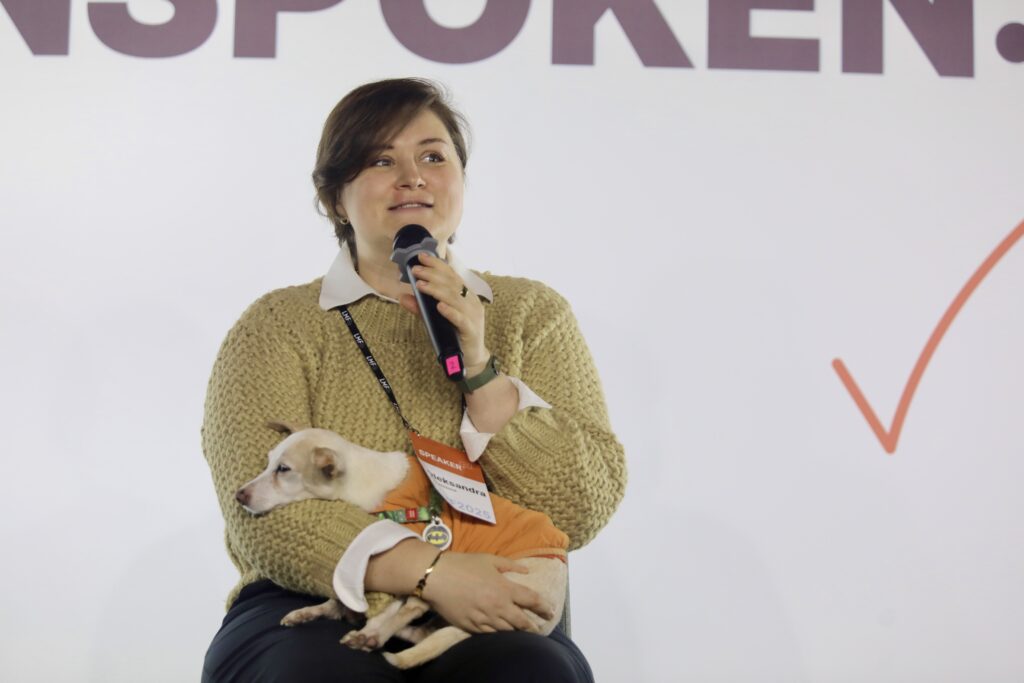
Romantsova works with thousands of human rights defenders who have Russian citizenship or connections.
“Some still hold Russian citizenship; others were forced to leave the country or change their citizenship,” she said. “These 2,000 people have been helping Ukrainians throughout all eleven years of this war.”
The 2,000 who chose differently
She acknowledged that these human rights defenders with Russian connections have helped document war crimes and assist Ukrainians since 2014, often at personal risk.
This collaboration has continued despite increasing repression within Russia, with some participants facing imprisonment for their activities.
“Some have gone to jail because they feel it’s the only way to express their political position,” she observed.
However, these 2,000 individuals represent a statistical anomaly within Russia’s 144 million citizens — people who chose to document their own government’s crimes rather than remain silent. Their work provides crucial evidence for international courts, yet their extreme rarity underscores how deeply imperial thinking has penetrated Russian society.
The accountability exam most Russians fail
Romantsova emphasized that this doesn’t translate into blanket forgiveness. When encountering Russians, Romantsova applies a systematic four-point assessment that moves beyond symbolic opposition to examine concrete actions and future commitments:
1. War Opposition and Victory Support: “Are they against the war? What’s their position on Ukrainian victory?”
2. Concrete Action Beyond Symbolism: “Are they taking real action beyond posting black squares on Instagram? Are they participating in grassroots initiatives?”
3. Post-War Financial Responsibility: “Are they prepared to be citizens who will pay taxes for reconstruction and compensation mechanisms for Ukraine?”
4. Recognition and Action on Partial Responsibility: “Do they recognize their partial responsibility and act on it?”
This framework allows Romantsova to distinguish between individuals acting autonomously and those functioning as components of the Russian state system. Her analysis helps determine whether specific Russians offer genuine alternatives to imperial policies or merely represent different tactics for achieving similar ends.
The distinction matters because many Russians who publicly oppose the war still fail her test — unwilling to support Ukrainian victory, pay for reconstruction, or acknowledge their role in enabling the system that made the war possible. They want credit for opposition without accepting responsibility for solutions.
What Ukraine’s verdict means for the Western strategy
The debate over “good Russians” reveals a fundamental split about what the war is really about and how it should end.
Western institutions keep looking for “reasonable” Russians to work with after the war. Ukrainians increasingly believe the problem goes deeper than Putin — that Russian imperial thinking will outlast any regime change.
The Ukrainian rejection of “good Russians” has several practical implications for Western policy:
• Asymmetric warfare — this time, for the audience: Instead of fighting Russians for Western attention on the same platforms, focus on different regions and build Ukrainian networks that don’t depend on Russian participation.
• Academic decolonization: Ukrainian experts call for fundamental changes in how Western universities approach Russian and Eastern European studies, moving away from Russia-centric frameworks that marginalize Ukrainian perspectives.
• Who pays for reconstruction: The distinction between guilt and responsibility offers a framework for post-war accountability. While courts will determine individual guilt, all Russian citizens bear responsibility for funding Ukraine’s reconstruction through their taxes, regardless of their personal political views.
